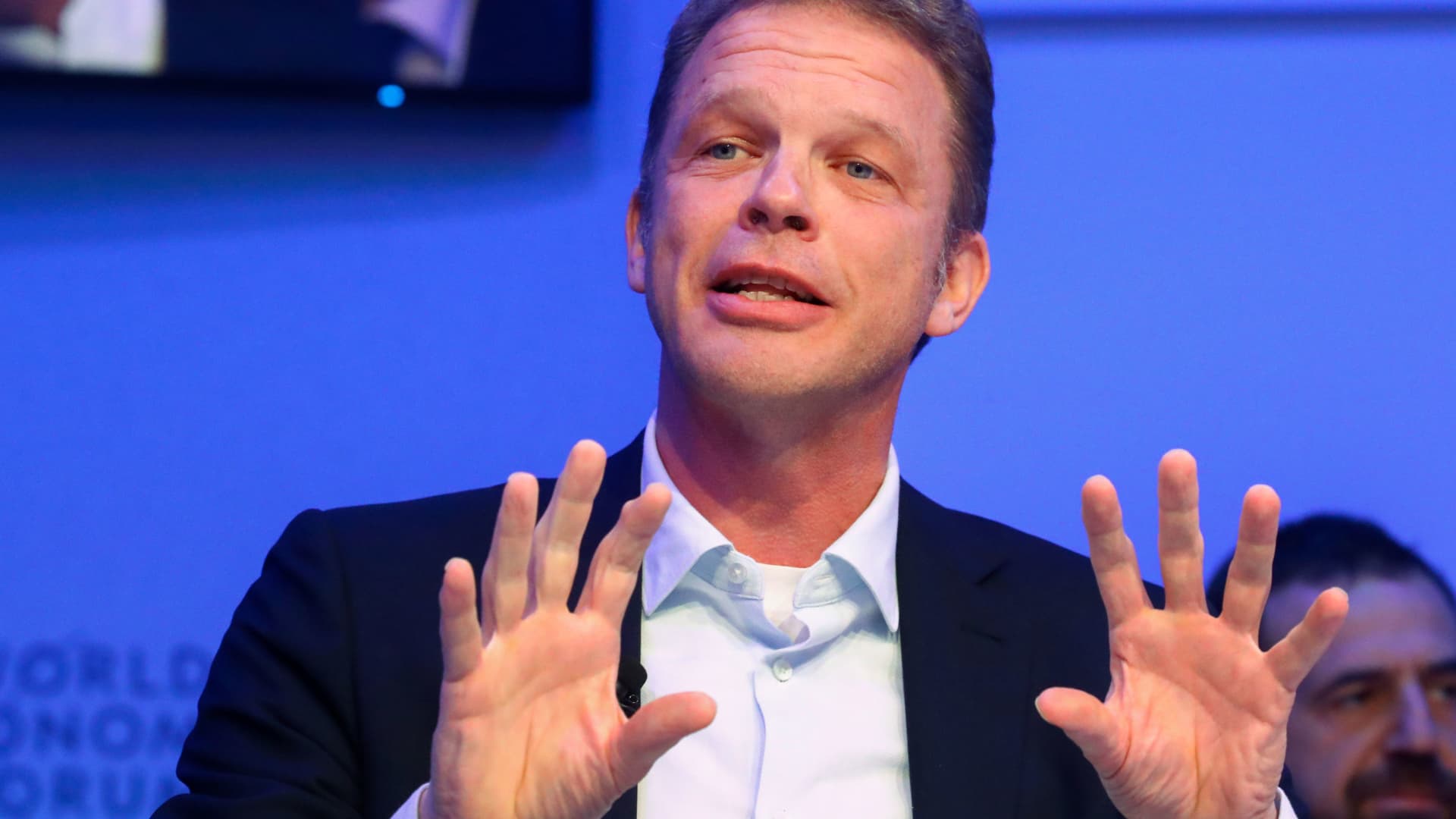Europe and the U.S. face a high likelihood of recession as central banks are forced to aggressively tighten monetary policy to combat inflation, according to Deutsche Bank CEO Christian Sewing.
The U.S. Federal Reserve, European Central Bank, Swiss National Bank and the Bank of England all moved to rein in inflation last week, albeit to varying degrees.
Consumer price inflation in the euro zone hit a fresh record high of 8.1% in May and the ECB has confirmed its intention to begin hiking interest rates at its July meeting.
Central bank leaders and economists around the world have acknowledged that the aggressive tightening that may be necessary to rein in inflation could risk tipping economies into recession, with growth already slowing due to a confluence of global factors.
Europe’s proximity to the war in Ukraine and its reliance on Russian energy imports render the continent uniquely vulnerable to the conflict and a potential stoppage of Russian gas flows.
“One thing is clear: if there is a sudden stop of Russian gas, the likelihood of a recession coming sooner is obviously far higher. There is no doubt,” Sewing told CNBC’s Annette Weisbach in an exclusive interview.
“But I would say that overall, we have such a challenging situation that the probability of a recession also in Germany, or in Europe in 2023 or the year after, is higher than we have seen it in any of the previous years, and that is not only the impact of this awful war, but look at the inflation, look at what that means for monetary policy.”
Along with inflation stemming from the war in Ukraine and associated sanctions on Russia, supply chains have also been stymied by resurgent post-pandemic demand and a return of Covid-19 control measures, most notably in China.
“That is such a challenging situation that we have three, four drivers which can severely impact the economy, and all of that coming together in one and the same time means that there is enough pressure and a lot of pressure on the economy, and hence the likelihood of a recession coming into Europe, but also in the U.S., is quite high,” Sewing said.
Sewing: Inflation ‘really worries me most’
Given this confluence of challenges, Sewing said he is increasingly reluctant to rely on traditional models as the economy faces a “perfect storm” of “three or four real levers which can cause, at the end of the day, a recession.”
Sewing said inflation was the biggest concern, however.
“I would say that the inflation is something that really worries me most and therefore I do think that the signal which we got from the central banks, be it the Fed but now also the ECB, is the right signal,” he said.
“We need to fight inflation because at the end of the day, inflation is the biggest poison for the economy.”
